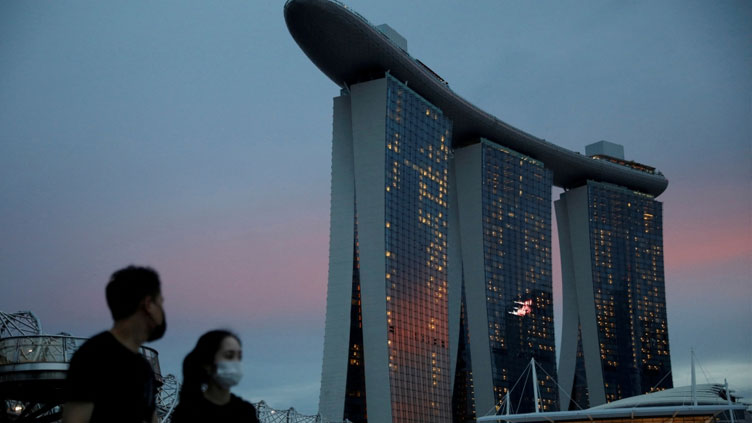Singapore expects full tourism recovery by 2024

World
The city-state saw 6.3 million visitors last year.
SINGAPORE (Reuters) - Singapore’s international arrivals beat forecasts in 2022, paving the way for its tourism sector to recover to pre-pandemic levels by 2024, its tourism authority said on Tuesday.
The city-state saw 6.3 million visitors last year, exceeding the Singapore Tourism Board’s (STB) forecast of between 4 to 6 million, while revenue from their spending was estimated to reach S$13.8 billion to S$14.3 billion ($10.45-10.82 billion).
STB’s Director of Communications Terence Voon said these numbers were achieved even though Singapore had quarantine measures in the first quarter of 2022, reflecting that there is "strong pent-up demand" to visit Singapore.
But factors such as flight capacity and any renewed border restrictions could moderate tourism recovery, said STB’s Chief Executive, Keith Tan.
Tourism contributes about 4% to Singapore’s annual gross domestic product, according to the STB. In 2019, the regional travel hub saw a record 19.1 million visitors and S$27.7 billion in revenue.
Following the announcement of reopening of Chinese borders, the Southeast Asian country is expecting 12 to 14 million arrivals and up to S$21 billion in revenue in 2023.
There were 3.6 million visitors from China in 2019, making it the largest contributor to Singapore’s tourism before the pandemic. But while it had strict travel restrictions in place, China was overtaken by Indonesia, India, Malaysia, Australia and the Philippines.
As of January this year, there are 38 flights from Singapore to China weekly, which is about 10% of the pre-pandemic capacity. The Singapore transport minister said in parliament last week that airlines have applied to operate more flights between the two countries, and the authorities will evaluate and approve them progressively.
"If Singapore were to receive more visitors in 2023 than it did in 2022, we could expect a decent boost from the resurgent services sector to act as a counterweight to softer domestic demand and slowing global trade," ING said in an analysts’ report last week.

